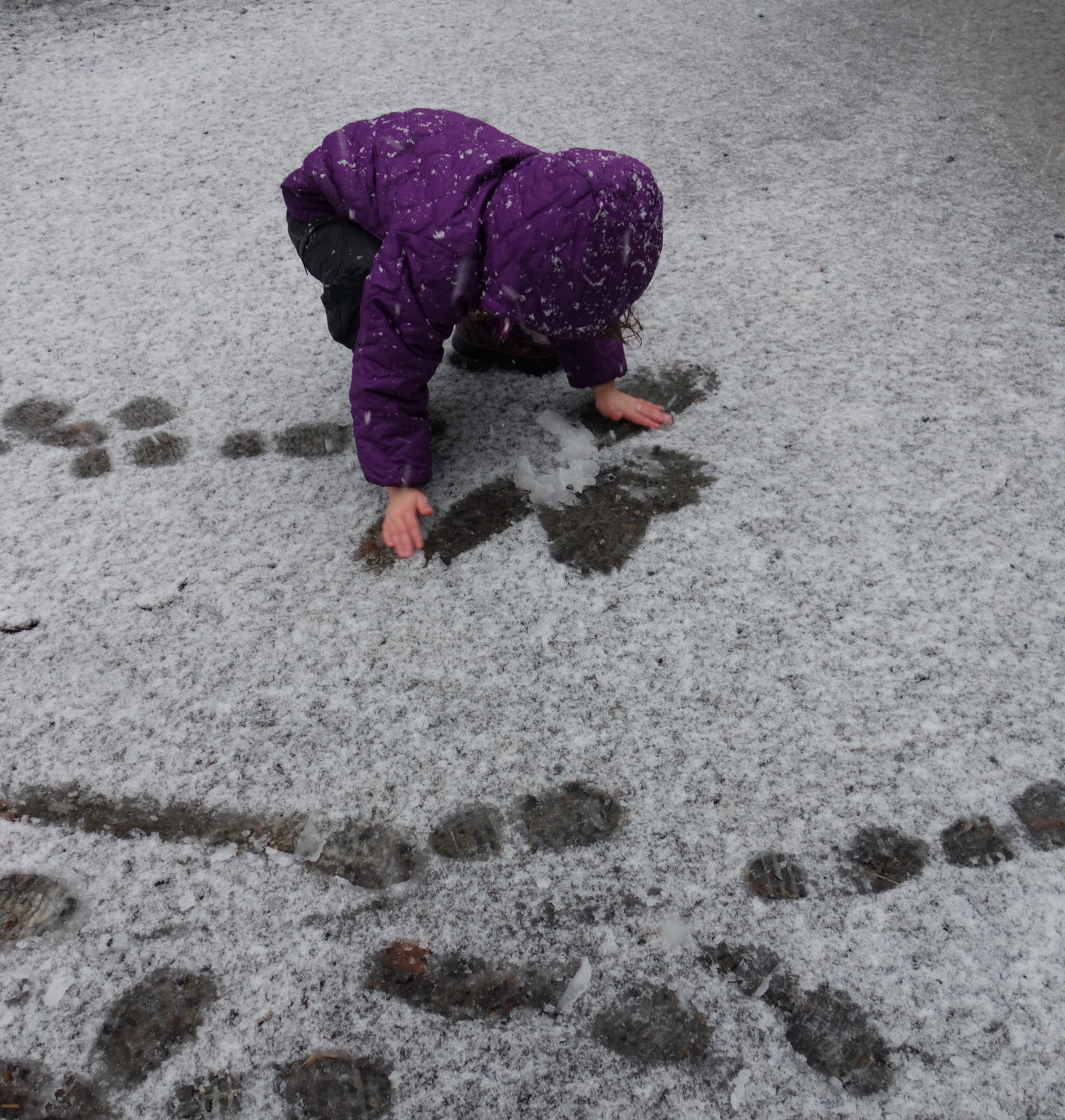Open Spaces of Democracy

Portland got a lot of snow this week – and, as a result, Opal School and schools across the city have been closed. Snowed in, I’ve been listening to the cabinet hearings and the speeches of the outgoing president and thinking about the relationship between them and the work we’re doing at Opal School and Portland Children’s Museum.
My thinking has been buoyed by reading Terry Tempest Williams’ The Open Space of Democracy. She writes:
The human heart is the first home of democracy. It is where we embrace our questions. Can we be equitable? Can we be generous? Can we listen with our whole beings, not just our minds, and offer our attention rather than our opinions? And do we have enough resolve in our hearts to act courageously, relentlessly, without giving up – ever – trusting our fellow citizens to join with us in our determined pursuit of a living democracy? (pp. 83-84)
Democracy invites us to take risks. It asks that we vacate the comfortable seat of certitude, remain pliable, and act, ultimately, on behalf of the common good. Democracy’s only agenda is that we participate and that the majority voice be honored. It doesn’t matter whether an answer is right or wrong, only that ideas be heard and discussed openly.
We are nothing but whiners if we are not willing to put our concerns and convictions on the line with a willingness to honestly listen and learn something beyond our assumptions. Something new might emerge through shared creativity. If we cannot do this, I fear we will be left talking with only like-minded people, spending our days mumbling in the circles of the mad. I recall the words of William Faulkner, ‘What do we stand to lose? Everything.’
How we choose to support a living democracy will determine whether it will survive as the beating heart of a republic or merely be preserved as a withered artifact of a cold and ruthless empire. (p. 22)
To commit to the open space of democracy is to begin to make room for conversations that can move us toward a flesh-and-blood encounter with public process that is not an abstraction but grounded in real time and space with people we have to face in our own hometowns. It’s not altogether pleasant and there is no guarantee as to the outcome. Boos and cheers come in equal measure. (p. 23)
The qualities she is describing, I think, are ones being practiced in Opal School classrooms (with abundant boos and cheers.) When I read a post like Hannah’s Finding a Path to Productive Disagreement: Reflecting on Uncertainty and Confusion, I hear eight-year-olds cultivating the patience and openheartedness necessary to listen and engage with your community, to embrace and navigate uncertainty, to expose and test out assumptions, to find ways to be guided by curiosity rather than advocacy, to develop the self-understanding necessary to understand others.
I wonder:
What experiences with young children do you think cultivate democracy – at Opal School, in your classrooms, or in informal learning environments like Portland Children’s Museum?
